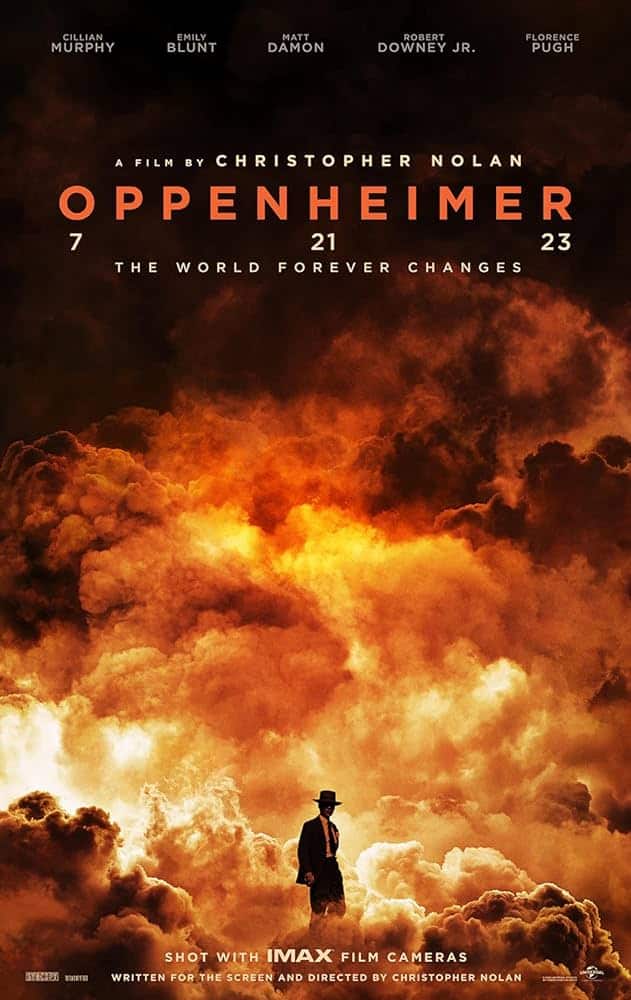
Perhaps the most surprising score of the month was Aska Matsumiya’s Selah and the Spades. Matsumiya begins with an ethereal, dreamy ambience that is eventually consumed by minimalist darkness. Even in the moments of seeming positivity there is an endless suffocating haze hanging over the score. It is a subversive and entirely unexpected style choice for a high school crime drama, lending an air of maturity and consequence so often missing in those films.
By using noise, drone, and a surprising amount of jazz, Simon Waskow’s score for Luz is another exciting and inventive use of synth in film. The clearest example of this is the twelve-minute epic “Soft Array.” The track progresses in a fascinating manner, moving from warm inviting synths to haunting ethereal vocals and drone, before spacey electronics and manic improvised jazz drumming kick in. At the same time, Waskow is comfortable with, at times, taking a supporting role to the film’s heavy sound design, together building into a massive carnivorous cloud consuming characters and viewers alike. With such an impressive debut, Waskow will be a composer to keep an eye on.
An Influx of Classical Scores
Mathieu Lamboley shows why he’s one of the more underappreciated film composers with his score to Sigmund Freud, un Juif sans Dieu. Lamboley’s score is short and rather minimal, relying almost exclusively on piano and cello, and drenched in malaise. The bulk of the score is the repetition and manipulation of one motif, interspersed by more free-form explorations, creating a somber, despairing journey full of introspection. It makes one pine for purely classical scores to return to film.
Michael Abels (Interview) received immense acclaim for his first two film scores, Get Out and Us, but that acclaim is most deserving for Bad Education, his best score to date. Abels pulls heavily from his classical background, mixing elegant strings and somber, almost elegiac, symphonic and choral passages with more experimental and minimal interludes. Despite the score’s very short runtime, it is more varied than Abels’ prior works and continues the adventurous streak he’s built.
A Bleak, Bleak Western
Heather McIntosh’s score for The Quarry is an excellent entry into what could be called the “bleak western” subgenre. Her work embodies the hopelessness that has become a staple of recent neo-westerns, led by droning strings that create a forbidding and austere atmosphere. Interludes of acoustic guitar inject some life into this landscape, but the feeling does not last and the desolation always seems to return.



